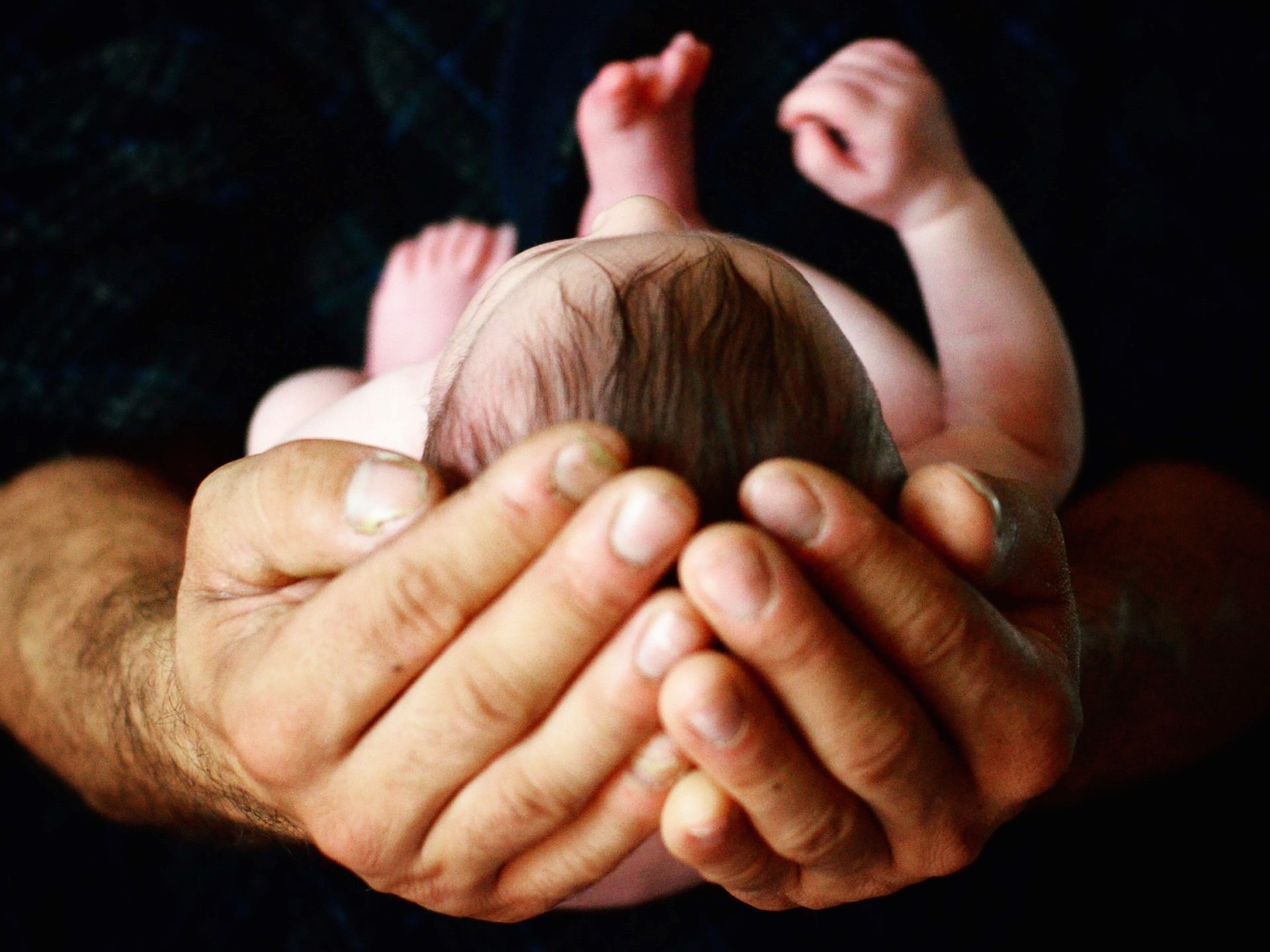Staying Afloat in a World of Loss

This Dvar Torah was written by Rabbi Aviva Richman, Rosh Yeshiva of Hadar.org

Photo by Jill Sauve on Unsplash
Parashat Noah hurls us into confrontation with the fact that creating life is difficult, bound up in disappointment and loss.
The resounding focus on loss of life in the Flood at the beginning of the parashah reemerges in a more contained and subtle way, as the end of the parashah relates that Avram and Sarai could not bear children.
These two accounts of disappointment and loss in creating life — in epic proportions as well as on the scale of one couple’s journey with infertility — are bookends of Parashat Noah that inform each other and guide us in navigating loss and cultivating resilience in our own lives.
While both are stories of loss of life on the most fundamental level, we can apply the lessons learned more widely to the risks we take when we hope to create in many different realms of life.
How do we confront disappointment and loss, possibly, over and over again?
The scope of the utter destruction of life in the Flood is overwhelming, related repeatedly: “all creatures breathed their last breath;” “everything alive died;” “all existence was erased” (Genesis 7:21-23). Each verse turns the wrench deeper into a sense of loss on an unimaginable scale.
Living through COVID and witnessing recent devastation from climate crisis, the chilling description resonates too close to home, since we’ve confronted loss on a scale unknown in most of our lifetimes.
The words read more like a eulogy and less like an unrelatable epic. Sheltering as best we can, we grieve like Noah must have grieved in the ark. The Flood story articulates an enormous, public, and shared loss.
The Torah’s explicit detailing of loss in the Flood contrasts starkly with the terse description of Avram and Sarai’s infertility, where their private experience of loss remains buried in the gaping holes etched out by the narrative’s stark edges.
At the end of Parashat Noah, sticking out in the long list of “begats,” Sarai was barren (Genesis 11:30). From this brief sentence through to the announcement of birth that comes chapters — and decades — later, we can only imagine that there must have been much disappointment and loss in Avram and Sarai’s reproductive journey.
The Torah does not relate a medical history of periods, miscarriages, or lost pregnancies in the many years they tried to conceive. All of this lies out of focus, beyond the margins of the text. We are left to wonder about the loss they suffered privately…
An inability to get pregnant, or a lost pregnancy, can feel like the loss of an entire world.
Understanding the Flood through the lens of infertility and pregnancy loss offers an important frame for the midrash (Kohelet Rabbah 3:11) that teaches that God created and destroyed many worlds before creating our world.
The divine process of creation wasn’t smooth. The living, breathing world we know came only in the wake of multiple attempts and losses.
Even as our position differs markedly from God’s — God’s losses come from exercising control while our own losses stem from lack of control — this teaching reminds us that the story of any birth and creation often has chapters of complex prologues…
The parashah’s juxtaposition of global and personal loss works in two directions.
Not only does the massive loss of the Flood honor the gravity of “smaller” personal loss. Our personal experiences with loss can also orient and anchor us as we confront loss on a larger scale.
The loss described in the Flood is totally overwhelming. It is impossible to imagine this much destruction, let alone know how to respond.
Our experiences navigating personal loss, even if it feels totally devastating, can help build our muscles of resilience in the face of more global loss.
We can all trace our origins back to the uncertainty, risk, and possible loss involved in the pregnancy and birth that brought each of us into the world.
We don’t always think about these experiences as formative, even as they are fundamental to all of humanity.
Yet, in a recent book, Dr. Chavi Karkowsky argues for the importance of telling the stories of our origins in risk. The risks of pregnancy and birth are “complicated experiences that ask women and their families to be stronger, braver, and more vulnerable than most of us know.” (Introduction to Chavi Eve Karkowsky, High Risk: A Doctor’s Notes on Pregnancy, Birth, and the Unexpected, Liveright, 2020).
This insight from her extensive work in obstetrics can go beyond the bodily experience of a person carrying a pregnancy.
Anyone willing to embark upon the journey of entering into profound relationship to nourish another human life carries deep hopes and confronts the risk of deep disappointment.
These origins that brought all of us into being can ground us as we face uncertainty, disappointment, and loss in the lives we live out in the world. We are born of strength, bravery, and vulnerability — however conscious or subconscious.
We can carry that with us each day.
Shabbat Shalom




